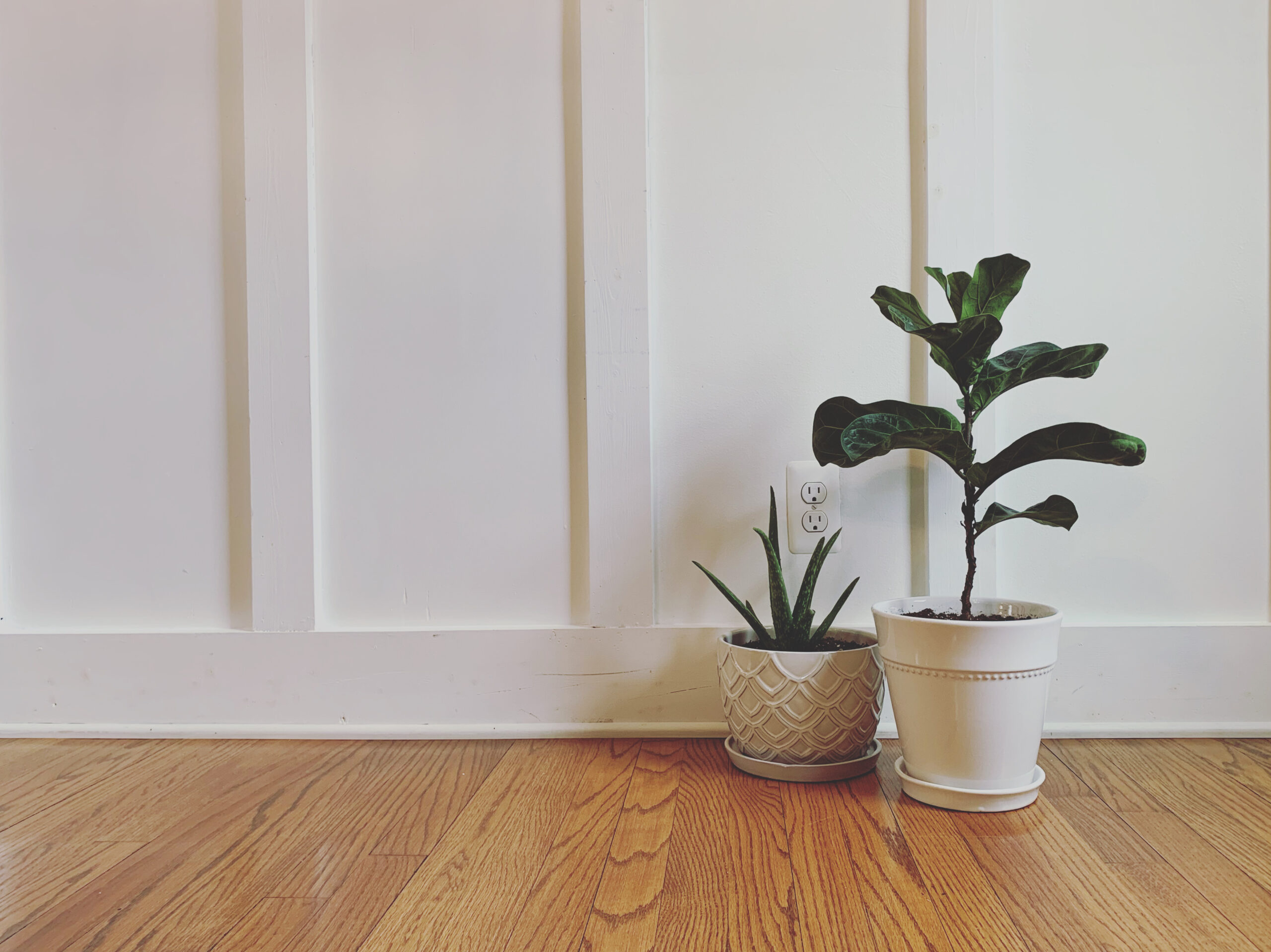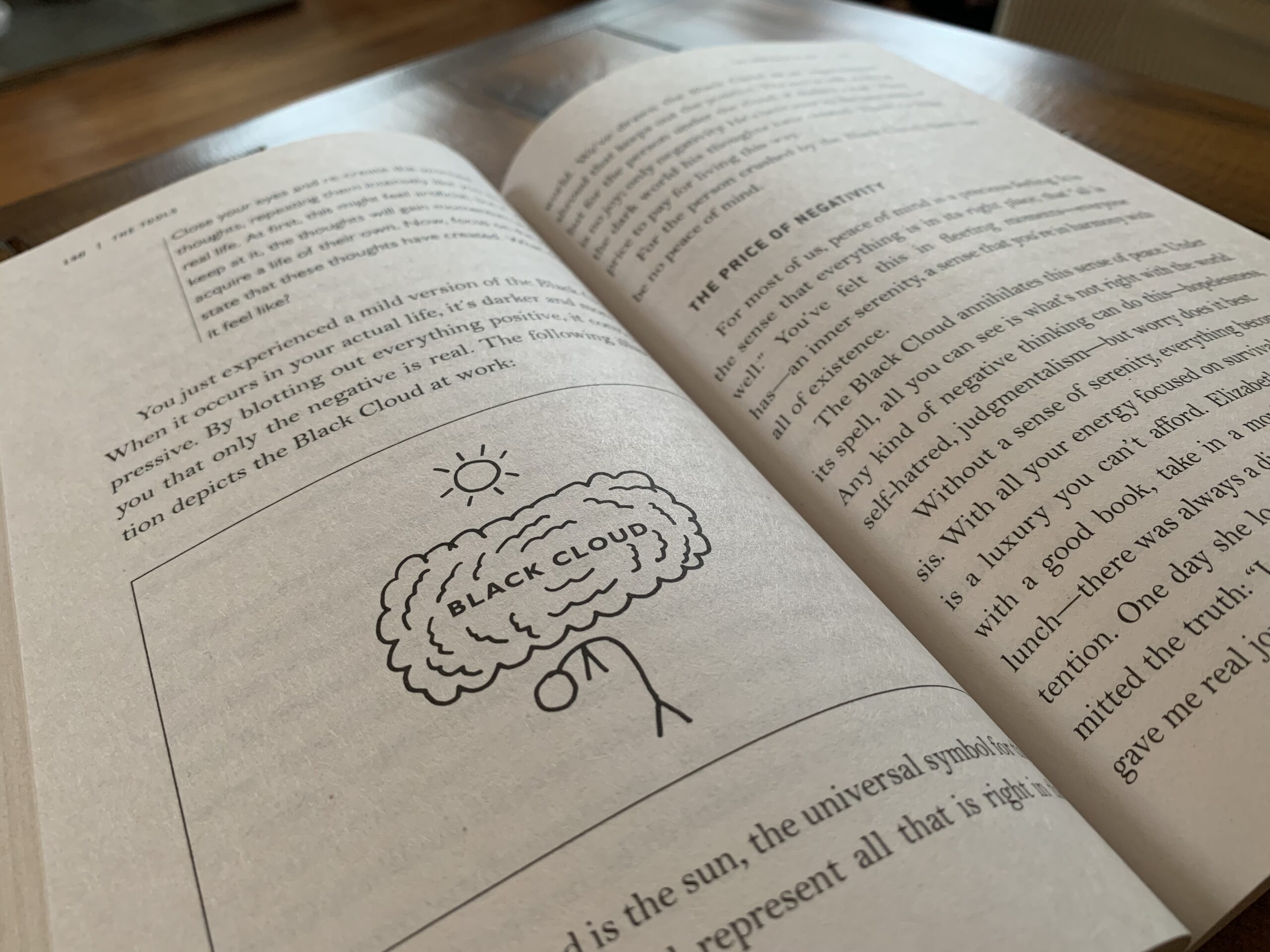Practicing minimalism means allowing physical and mental space for only the items that facilitate intentional living.
In other words, minimalism forces you to question who you are right now, and to only keep the belongings that allow you to live your authentic truth, to your core, in this moment.
Why is this practice important for highly sensitive people (HSPs)?
Overstimulation
What we see with our eyes is sent as visual input to the nervous system, and this input causes internal processing to occur.
When a space is cluttered, this cycle of input and processing is constantly occurring whether we are aware of it or not. You can tune out surface-level awareness during less stimulating times, but even then the processing is still occurring. Add to that a noisy, unpredictable toddler, or a long to-do list, or any emotional stressor. Suddenly your sensitive nervous system is overwhelmed by too much input and processing.
You could try to combat this by organizing your things in such a way that keeps them out of your visual field. However, even then if you haven’t decluttered, there may still be too much. This scenario will either lead to your belongings quickly spilling over into your visual space again or to a need for constant management. The last thing your sensitive heart needs is excess processing or another set of tasks added to your to-do list.
Things Create To-Do Lists
From the smallest knick knack, to the largest piece of furniture, everything you own requires maintenance.
At the very least, belongings gather dust. This alone adds, “dust things” to the to-do list. But some of our possessions require even more care. All upholstery requires vacuuming and periodic cleaning. Every item of clothing requires storage and washing. Every wood surface requires polishing, etc.
A fuller than necessary to-do list causes stress. It may exist as low-level stress, but it is still there. The more added stress, the more quickly overwhelm takes over.
Your Belongings Speak to You
Every last one of your possessions sends you messages. Everything is saying, “maintain me” at the very least. But all items send at least one other message.
Right now I am looking at some pottery pieces that my daughter made for me. The messages these items send are, “We were made by your beautiful daughter by hand, and we represent a time in her life that has since passed.”
Most of the time, when I receive this message, I experience warm memories and the love my daughter has for me. But sometimes my reaction is to feel mournful for the seven-year-old version of my preteen daughter.
In the case of the pottery, the messages it sends fill me with more joyful memories than sadness or stress, so I keep it around.
However, in the same loft where I am currently writing, I keep my dog’s favorite blanket. The blanket is soft and warm, and as he aged, he needed the comfort it provided. He died in 2021 at the ripe old age of 17 (wrapped up in his blanket). I’ve come to realize that looking at his comfort item only makes me sad. On the other hand, my brother commissioned a painting of my dog in the prime of his life, riding a ferry to Nantucket Island. The painting represents both Jacky living his very best doggy life, and my brother’s love and compassion for me. I now know it is time to part with the blanket and enjoy the beautiful painting instead.

Messages of Guilt
Your things may also be saying, “use me.” This message might make you feel like you wasted money or like you are lazy or unmotivated. The truth is, sometimes we buy things because they are useful to us during a certain time in our lives. Perhaps your life is different now, or your interests have changed. That’s all okay. Keeping things around because you used to use them, isn’t going to make you like them or want to use them again. You will however, continue to receive the same old “use me” message every time you lay eyes on that item, which isn’t adding value to your life.
Sometimes we just make mistakes. We buy something, and we think it will improve our lives but it doesn’t. Maybe we dig our heels in a little trying to make it work out. Perhaps we forget to return it in time. Whatever the case may be, the “use me” message becomes laced with guilt, and keeping that thing around isn’t going to get your money back or make you feel good about yourself.
It’s truly okay to let go of anything that makes you feel badly about yourself.
Your Sanctuary
You are a good person, worthy of a home that only brings joy and comfort.
I am a firm believer that minimalism isn’t rigid or prescriptive. It means making your home a place of peace, comfort, joy, and creativity.
You can do this by pairing your possessions down to only those special things that send you messages of joy, or those that are useful in accomplishing the tasks of your daily life. This allows you to reduce the input/processing cycle and frees your mind of unnecessary obligations, stress, or guilt.
Most simply, minimalism allows you to do less dusting, cleaning, maintaining, and fretting, and to do more dreaming, loving, growing, and creating.



